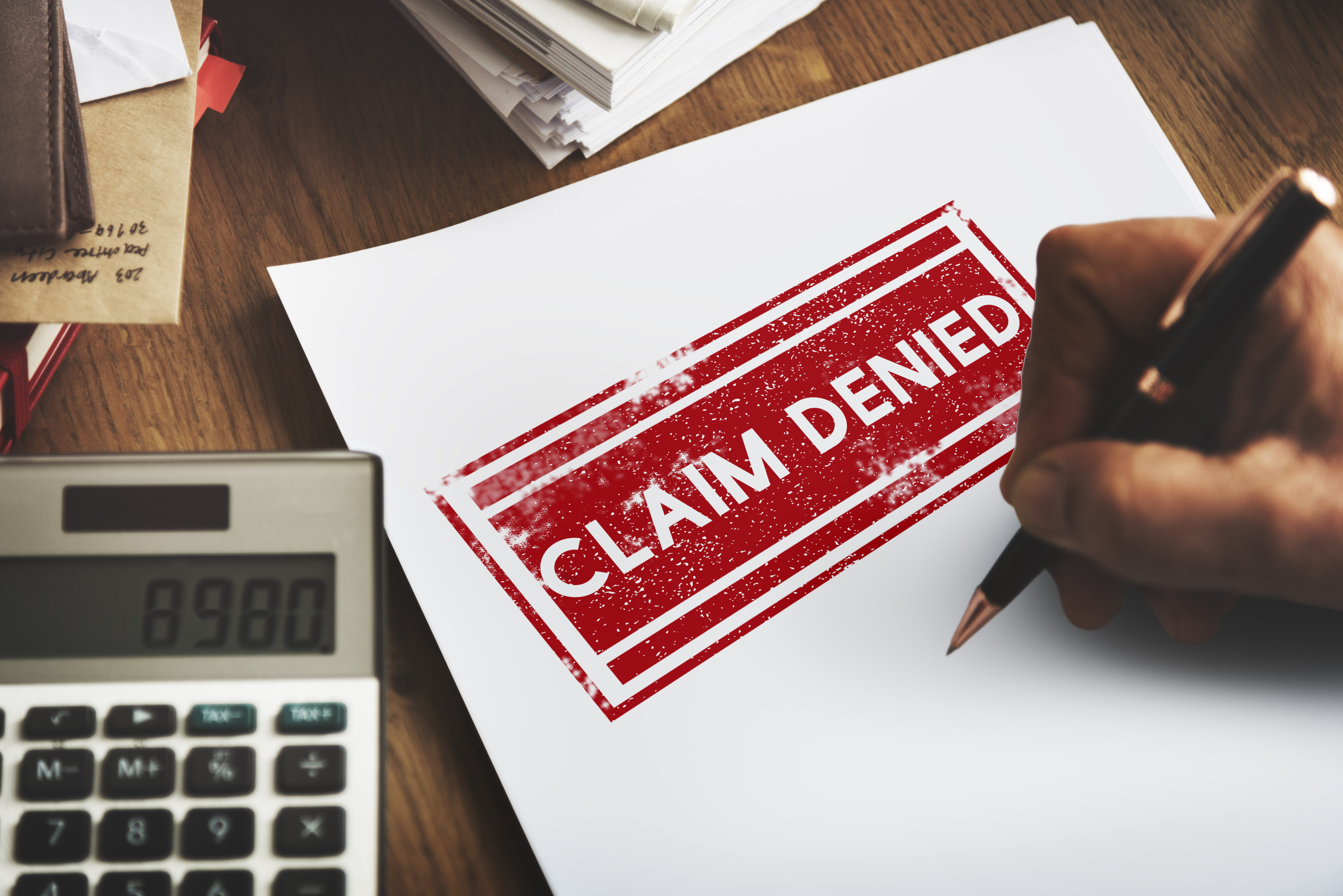Kentucky’s auto insurance system is unique and can feel confusing after a crash. The Motor Vehicle Reparations Act makes Kentucky a “choice no-fault” jurisdiction. This means drivers are required to carry at least $10,000 in Personal Injury Protection (PIP) coverage, which helps pay for medical bills and lost wages regardless of who was at fault in the accident.
While PIP benefits help cover immediate medical and wage loss expenses, they may also limit your ability to sue or be sued for pain and suffering. You can only bring a lawsuit if your medical bills exceed $1,000 or if the accident results in a serious injury, such as a broken bone, permanent scarring, permanent impairment, or death. However, drivers who want to preserve the right to sue even for minor injuries may reject the no-fault limitations by filing a rejection form with the Kentucky Department of Insurance. Once filed, that rejection stays in effect until you choose to revoke it.
Understanding this framework is the first step in knowing how to respond if your car accident claim is denied.
Why Insurers Deny Claims
Insurance companies deny about one out of every three auto accident claims. Some of the most common reasons include:
- Policy lapse: Even when drivers set up automatic payments, issues such as bankruptcy or bank errors can cause premiums to go unpaid, leading to a potential lapse in coverage.
- Policy exclusions: Insurers sometimes rely on vague or technical policy language to avoid covering a claim.
- Liability disputes: Kentucky follows a comparative fault rule, meaning responsibility for an accident can be shared among multiple parties. Insurers may deny claims if they believe another driver is partially or fully responsible.
- Documentation issues: Late reporting, missing medical records, or suspected fraud (such as staged “swoop and squat” accidents) may also lead to denial.
A denial letter usually explains why the claim was rejected and sets out the timeframe for filing an appeal. A Paducah car accident claim denial attorney can review this letter and explain your options to ensure deadlines are met.
Building a Strong Appeal
A strong appeal begins with a thorough review of the insurer’s denial letter. The next step is gathering evidence to challenge the denial. Some common forms of evidence include:
- Police report: Contains initial details about how the accident happened.
- Medical records and bills: Establish the extent of injuries and treatment costs.
- Photos and videos: Show vehicle damage, injuries, and road conditions.
- Witness statements: Provide independent perspectives that may support your version of events.
Because police reports are often written by first responders who are not crash experts, they may be incomplete or contain mistakes. For this reason, attorneys may work with accident reconstruction specialists or engineers who can analyze skid marks, vehicle damage, and even electronic data to provide a more accurate account of how the collision occurred.
Leveraging Electronic Data
Many newer vehicles are equipped with an Event Data Recorder (EDR), sometimes called a “black box.” This device records things like speed, braking, and steering in the seconds leading up to a crash. When paired with physical evidence and witness statements, EDR data can help provide support in an appeal. Attorneys often hire and work with experts to retrieve and interpret this information.
Filing the Appeal
Most insurance companies have an internal appeal process. A written appeal should:
- Clearly state that you are appealing the denial, including the claim number and date of denial.
- Explain why the denial is incorrect, pointing to evidence that supports your claim.
- Attach all supporting documents.
- Request reconsideration within the timeframe given in the denial letter.
Insurers often have strict rules about how appeals are formatted. Even small mistakes, like failing to use the right forms or leaving out key information, may result in rejection. Working with an attorney may reduce these risks and show the insurer that you are serious about protecting your rights.
If the insurer upholds its denial, some cases may proceed to arbitration. However, most Kentucky drivers whose appeals fail choose to pursue a civil lawsuit instead.
When to File a Tort Claim
Kentucky’s no-fault system limits lawsuits for pain and suffering unless certain conditions are met. You may be able to file a tort claim against the at-fault driver if:
- Your medical expenses exceed $1,000, or
- You suffered a serious injury, such as a fracture, permanent scarring, a long-term impairment, permanent loss of a bodily function, or death.
Drivers who rejected the no-fault system ahead of time are not bound by these limitations.
Even when you qualify to file a lawsuit, Kentucky’s comparative fault rule applies. This means your compensation will be reduced by the percentage of fault assigned to you. For instance, if you are found 20 percent at fault, your recovery will be reduced by 20 percent. This makes careful documentation and expert testimony especially important.
Evidence and Litigation Strategy
Pursuing a tort claim usually requires more extensive evidence than an appeal. In addition to medical records and crash reports, attorneys may seek:
- Cell phone records to establish distracted driving
- Driver logs in commercial trucking cases
- Maintenance records if a mechanical defect is suspected
- Testimony from medical experts about the long-term effects of injuries
- Analysis from vocational experts to calculate lost earning capacity
- Economic projections for future medical costs
The goal is to build the strongest case possible to secure fair compensation.
Settlement vs. Trial
Most tort claims are resolved through settlement rather than trial. Settling gives both sides more control over the outcome and avoids the unpredictability of a jury verdict. In some cases, mediation or arbitration may also provide alternatives for resolution. However, if the insurer refuses to negotiate fairly, filing a lawsuit may be the only way to protect your rights.
Why You Need a Lawyer
Insurance companies have teams of adjusters and attorneys on their side. Policyholders can help level the playing field by hiring an experienced car accident lawyer. An attorney may:
- Review your policy and advise whether to appeal or file a lawsuit
- Gather and organize evidence, including expert analysis and electronic data
- Draft appeals that meet technical requirements
- Represent you in negotiations, arbitration, or court
- Calculate damages for medical costs, lost income, and pain and suffering
Having legal representation can help maximize your chances of securing fair compensation.
Contact a Paducah Car Accident Lawyer
Insurance claim denials and tort claims involve strict rules and deadlines. The attorneys at Saladino & Schaaf represent clients throughout Paducah, Murray, and Western Kentucky. They are skilled in preparing appeals, negotiating with insurance companies, and litigating when necessary to protect clients’ rights and maximize compensation.
If your car accident claim has been denied, or you believe your injuries may qualify for a lawsuit, contact the experienced Saladino & Schaaf team today for a free consultation. Call (270) 444-0406 or visit our car accident page for more information.


